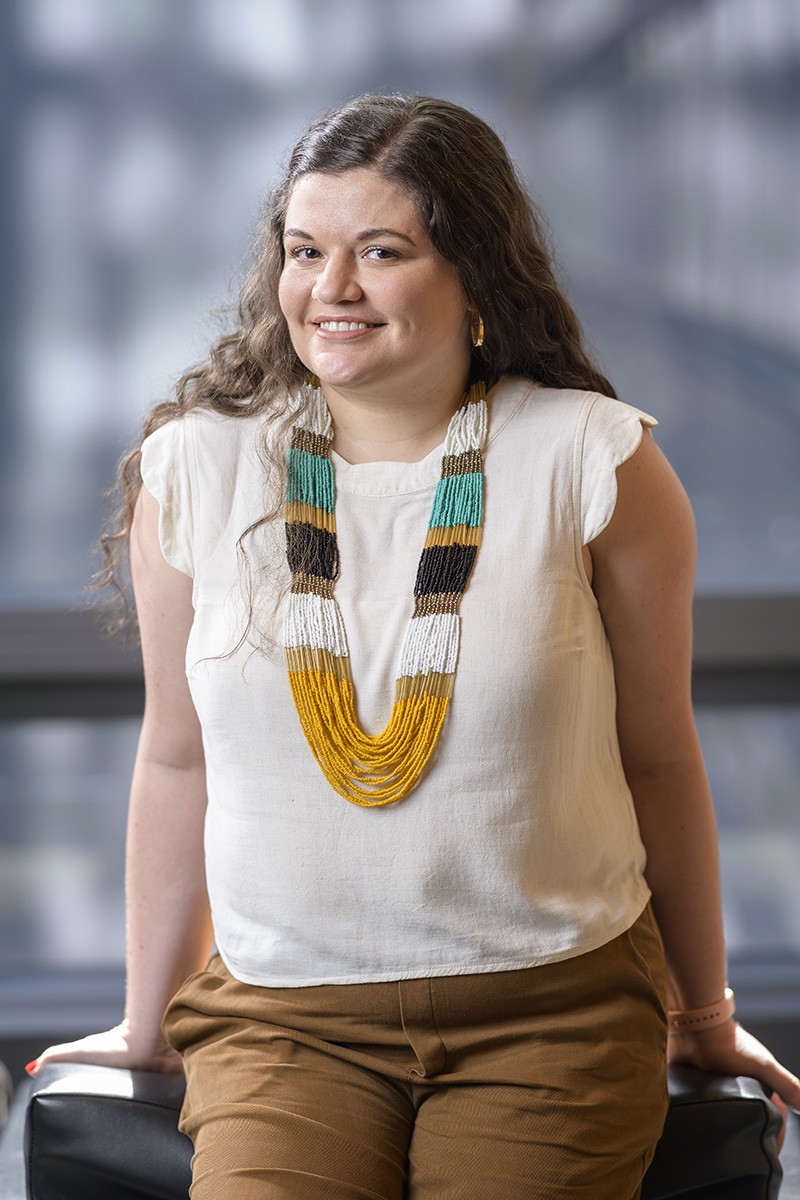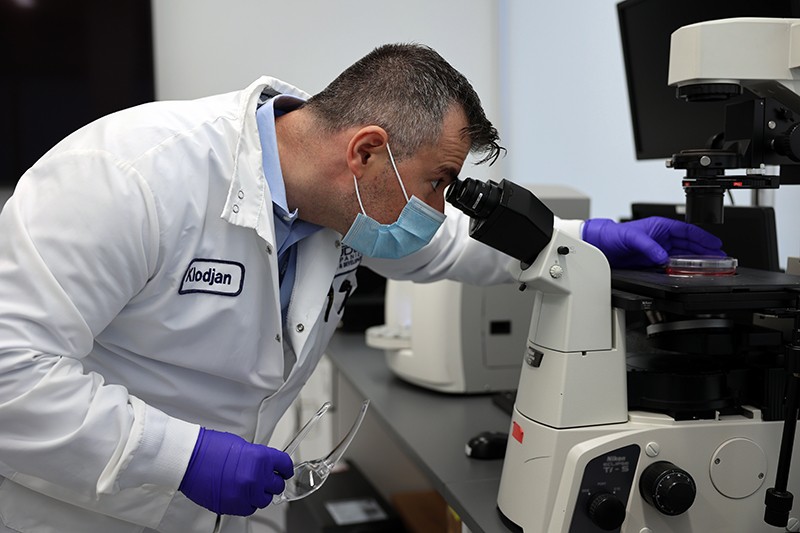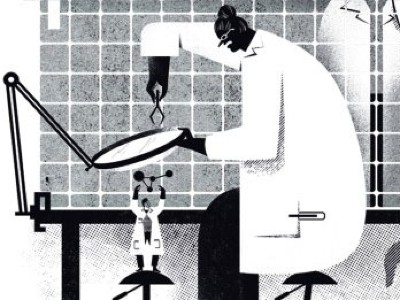When Catherine Goh started her PhD in 2010, she knew from the outset that her career ambitions lay in commercial science, rather than in academia. Fortunately, Shirish Shenolikar, her supervisor at Duke-NUS Medical School in Singapore, supported her plans.
“There was no problem with my principal investigator (PI). He had also worked in industry and understood what’s involved,” says Goh, who is now an associate product specialist based in Munich, Germany, at PerkinElmer, a biotechnology company specializing in diagnostic and life-science products.
Shenolikar, whose career includes six years working as a senior scientist for global pharmaceutical company Pfizer, helped Goh to secure a postdoctoral research position at siTOOLs Biotech in Munich by inviting her prospective employer to call him to discuss her strengths. “If you want your folks to succeed, you’ve got to get involved,” he says.
Other junior researchers are not so lucky. Many who set their sights on a career in the for-profit sector meet resistance from PIs with a bias towards academic science. For those younger scientists, the career path from academia to industry can be a rocky one.
Scientists who talk about working in industry are commonly referring to start-up, manufacturing and consulting businesses. The roles for people with science PhDs include senior scientist, medical-science liaison, project manager and product manager.
An analysis of the US National Science Foundation’s 2019 Survey of Doctorate Recipients found that, since 2015, more US-trained PhD graduates in science, engineering and health subjects now work in industry than in higher education across the United States.
A report published in 2010 by the Royal Society, which forecast how UK science might further develop over the remainder of the twenty-first century, said: “The majority of people undertaking a PhD will end up in careers outside scientific research … only a tiny proportion can expect to end up as university professors.”
The implications of these hiring trends haven’t always filtered down to the people who lead academic research and train junior researchers — that is, tenured PIs who steer their trainees towards the pursuit of university careers that mirror their own, and who, in some cases, strongly disfavour industry as a career.
Often, a PI’s bias is rooted in the view that pure science research embodies loftier goals than does research serving a commercial purpose, says Anders Ohman, a PhD cancer researcher at Brown University in Providence, Rhode Island.
“A lot of academicians tend to have this sort of stereotype of industry scientists being corporate sell-outs. But, of course, industry also does real science,” says Anders, who is considering a non-academic career path.
There is a practical reason why some academics want to produce trainees who will follow the same path that they did: professional incentives.
In some institutions, one criterion for tenure is a professor’s record in guiding trainees into faculty positions, says Yaihara Fortis Santiago, associate director of postdoctoral affairs and trainee diversity initiatives at Memorial Sloan Kettering Cancer Center in New York City, who informally advises and mentors junior scientists in and outside her institution on career issues.
“Definitely you are going to have to report how many students who went into postdocs are in faculty positions. You have to show how many people you’ve trained and where they ended up,” she says.
Whatever the reason — professional advancement or scientific idealism — an anti-industry bias exists in the minds of some PIs, she says, and it can translate into retaliation. The worst cases include firing junior laboratory members who tell their supervisors they plan to work in industry, or removing them from research projects or not crediting their work in publications, says Fortis Santiago.
But in most cases, she says, the PI’s reaction, even when unenthusiastic, is not retaliatory. In fact, she thinks there are more and more PIs who want to help their industry-oriented mentees.
Some younger academic scientists who are considering industry careers echo that sentiment, saying that times have changed for them and many people they know, but not for everyone.
“I have a very supportive adviser,” says Ohman. However, he’s come across stories of unhelpful PIs. “I’ve heard of people hiding their trajectory from their adviser. Those are not the typical case. But it’s definitely not unheard of.”
Anna Drangowska-Way, whose biology PhD research at the University of Virginia in Charlottesville focuses on how organisms regulate fat breakdown during fasting or stress, also received support for her decision to investigate non-academic careers, ranging from science writing to project management in the private sector. But she adds that, although she appreciates her mentor’s encouragement, she didn’t exactly require it: “It’s my life,” she says.
A change in some PIs’ attitudes is borne out not just by anecdote, but by a 2019 study documenting a shift in thinking among US academic mentors, who are now more likely to see the value of university career-development services. Approximately one-third of the 817 faculty members who responded to one of two surveys had spent time in a professional position outside academia (S. W. Watts et al. PLoS ONE 14, e0210189; 2019). The respondents identified an urgent need to broaden career activities to include non-academic options given the paucity of tenure-track positions, but were uncertain about their own knowledge and training to do so effectively.
Still, the anti-industry mindset remains a reality among some PIs. A PhD student in immunology at a US institution, who asked not to be identified, recently told his PI that he planned to work in industry. He got a negative reaction, which left him feeling misunderstood.
“Almost all conversations I had with academics about my plan started with the assumption that money is my only motivation to move to industry, which is disappointing,” he says. “They never considered… [my] genuine interest in the translational nature of industry.”
He is not intimidated by his PI’s disapproval, and money is not a concern he can ignore. “I am not shy about my financial ambition,” he says, “or the pursuit of a secure future for my family.”
Dread of disapproval
Early-career researchers too often dread their PI’s disapproval, which stops them from taking the lead in forging a productive relationship that includes frank conversations about career options, says Fortis Santiago. She encourages a confident mindset instead of a fearful one.
“Always to try to be in partnership with that person [a supervisor], versus seeing them as a parent and asking for permission,” she says.
“You don’t want to go in and say, ‘I’m sorry, I’m leaving academia,’” she explains. Instead, she recommends that junior researchers open with praise for the PI’s mentorship and gratitude for the skills they’ve acquired in the lab, before saying that they hope to pursue a different career path, and that they would appreciate the PI’s support in the transition.
Fortis Santiago recommends, after hopefully securing PI support, that junior lab members then request reasonable amounts of time away from the lab to pursue industry career activities, such as attending a conference or networking with scientists who work in their desired sector.
Tracy Costello, a career coach who assists academics in PhD and postdoctoral programmes, advises clients to be focused when they inform their PIs of their career decision.
“The conversation has to be about what they want out of their career as opposed to PI expectations,” says Costello, who is based in Tampa, Florida. “You are the one in control of your career trajectory. Owning that is terrifying but necessary.”
Costello instructs clients who are walking away from academic research to compile a record of the work that they’ve completed on a project, what the data show so far and what the next steps are.
“Prepare your documentation in the lab so you are ready to step out the door and leave your PI with the resources to be successful in your absence,” she says. “Every postdoc I have coached in that way feels like they left their position in a positive way.”
Another point worth bringing up in these conversations is that shifting to an industry path doesn’t have to mean underperforming. A 2021 study of ten institutions that offered PhD students professional training (including career panels, skill-building workshops and internships) found that programme participants completed just as many academic papers as those who weren’t involved in the programme, and took the same amount of time to complete their degrees (P. D. Brandt et al. PLoS Biol. 19, e3000956; 2021).
Sometimes, a researcher isn’t leaving one career for another, but is trying to balance professional opportunities — internships, webinars and networking — alongside their full-time lab duties, which requires their PI’s support.
In 2020, Daniela Borges, who is finishing her PhD in molecular biology at Brazil’s Federal University of Ceara in Fortaleza, was offered a part-time position at a commercial medical lab, testing people with COVID-19. The job offered more than the chance to collect a pay cheque: she thought it might lead to greater professional opportunities.
“I was worried about my life after finishing my PhD,” she recalls, adding that her PI required that her full-time lab duties were unaffected by her part-time role.
Thus began a schedule of long hours at her lab alongside her job in COVID-19 testing — at nights and at the weekends. As she’d hoped, a job offer came her way as a result of her stint in COVID-19 testing. She’ll face a choice after completing her studies: a full-time position combining scientific and administrative duties at the commercial lab, or a postdoctoral position, offered by her PI, in which she can continue her research.
It’s a tough call because she loves pure science research, but feels that her long-term options in academia are limited, particularly because she doesn’t want to leave Brazil. She has seen some Brazilian PhD-holders working as lab technicians, rather than in academic roles.
“I’m still in love with science,” she says. “But it’s complicated. This is the problem of every student in Brazil.”
The earlier, the better
Sometimes, early-career researchers decide to move from academia to industry during a postdoctoral contract. “It’s harder if you’ve done four-and-a-half years of a postdoc and realize, ‘Oh, I don’t see myself in academia,’” says Costello. In such cases, she adds, “there is less time to pivot and ensure that you have the non-technical skills, or any specific skills — for example, certification in project management — that might be required for the new career path”.
“It’s not too late, but you have to be really efficient,” she says, and advises that researchers in these circumstances prioritize contacting university career-advice services.
Fortunately, she’s found that researchers who have already established a good relationship with their PIs can continue to work productively with them, even if their decision to switch sectors at a later stage disappoints them. But sometimes, a PI’s response necessitates intervention.
If, for example, a researcher commits to a lab where extremely long hours are the norm, making it impossible to allow for exploration of a non-academic career, it might be time to find a different lab, says Shenolikar.
Klodjan Stafa was working as a postdoctoral researcher in neuroscience at the University of California, San Diego, when he decided to take some time out to explore industry career options.
In 2014, he told his PI that he needed a break from his project and possibly from academia, and that he was considering a career in the private sector.
Stafa says he promised to train and advise his replacements for the remaining few months at the lab, but he got the impression that his PI disapproved of his career direction — and he thinks that their working relationship suffered as a result.
In 2015, he landed a job at the Estée Lauder Companies in New York City, where he is now a principal scientist, managing projects and working in cosmetics product development and training.
He’s happy with his decision to walk away from the lab, his PI and academic science. He says he finds the pace and collaborative nature of industry satisfying and validating, and wants young researchers not to feel discouraged about their prospects if they decide to leave academia.
“Your PhD is not a loss of time,” he says. “You can employ it, and industry will compensate you for your education and for your skills.”
Helping a researcher to move from academic to industry science is a goal that any PI can and should try to get behind, however tenuous their connection to the private sector, says Javier García-Martinez, an entrepreneur and molecular-nanotechnology researcher at the University of Alicante in Spain.
“If you don’t have industry contacts, you don’t have industry contacts,” he says. But PIs can put students in touch with colleagues who do, and they can write letters of recommendation or take calls from prospective employers.
The hope is that, in the future, PIs will welcome the chance to train scientists for positions in academia, industry and government, he says.
“We are graduating more doctorates and postdocs than positions are available in academia,” he reminds. “We cannot be … only training people to become ourselves. That would be a sick system, if I may say so.”
"industry" - Google News
November 02, 2021 at 06:07PM
https://ift.tt/3q4zx8l
Tips for managing an industry move without your academic supervisor's support - Nature.com
"industry" - Google News
https://ift.tt/2RrQtUH
https://ift.tt/2zJ3SAW
Bagikan Berita Ini





















0 Response to "Tips for managing an industry move without your academic supervisor's support - Nature.com"
Post a Comment